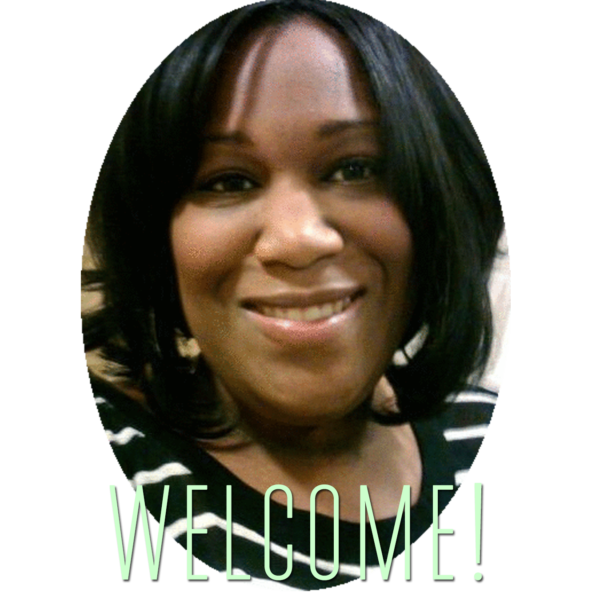
I witnessed a very courageous act. A tenured university professor admitted to the entire Interwebs her battle with debilitating depression. Why was this such a simple act of bravery? Because so many people experience the same debilitating issue and yet no one ever talks about it.
I was one of those people. I can relate wholeheartedly to Dr. Coleman’s daringly honest essay on her struggle with depression. When I look back at my graduate school years, I recall most vividly the moments that don’t appear anywhere on social media or my academic resume. I didn’t know it at the time, but I was far from alone. Life happens along the way to the Ph.D. and oftentimes so does depression.
I remember struggling to get out of bed everyday
Anyone who has lived through an episode of clinical depression can relate to the extreme feelings of lethargy. I slept. I ate. I overslept. I walked around in a daze. I felt overwhelmed. I dissolved in tears at the very hint of criticism, which I took entirely to heart and far too personally. I counted down the minutes until I could leave campus to crawl back in bed again. I came home and cried my eyes out. There were many days where I had to fight tears back because they threatened to spill over in public.
I remember almost quitting
April 2004 marked the end of my first year of my doctoral program. As the semester was coming to a close, I seriously contemplating quitting and confessed these feelings to my faculty advisor, family, and a few trusted friends. I did not quit, but I did struggle with the symptoms of clinical depression across most of grad school career, and found myself contemplating quitting every time a new semester rolled around.
I was lucky. At every critical juncture of “I don’t know if I can do this anymore,” there was a little angel on my side persuading me to continue the course. These angels appeared in the form of family members, sisterfriends, and surprisingly enough, even women I e-knew from an internet forum dedicated to hair care.
There were also people in my life who didn’t quite seem to understand. I was the lucky one. My problems weren’t like theirs and “at least” I was alive or working on my doctorate or had a roof over my head or whatever they would say to minimize my feelings. Still others’ message to help was “I didn’t have time to be depressed” when they were my age. For awhile I was very unwilling to accept the fact that I needed help.
I didn’t quit but I did seek out help
It was many months before I called this episode by its name: depression. When I realized quitting grad school wouldn’t help because the feelings followed me home over vacation, I sought out treatment. One day I marched myself into the counseling center on campus and finally admitted out loud that I was depressed and needed help.
There is something extremely telling about academic culture and the nature of mental health stigma when you’re studying for your Ph.D. in psychology and feel uneasy about admitting a common issue like struggling with depression. Most often, if asked if something was wrong, I was quick to reply, “Nothing” or “I’m fine.” Then once I came to grasp and accept what it was, I was deathly afraid that it would affect my credibility or perceptions of my competence. This fear was especially heightened because I already stood as one of the only faces of color in the crowd.
For awhile, I cried my way through every single counseling session. My therapist described it as grieving. This expression of grief took place only between the walls of her office and sometimes late at night, when there was nothing left to do but think, I’d cry in despair, hoping my roommate couldn’t hear me. It took convincing, but eventually I listened decided to my psychiatrist’s recommendations and try anti-depressants. I took them for a few years. They didn’t make me “happy,” but they did stop me from burying myself in the deepest, darkest corner of that emotional hole.
Gradually, and I mean over the course of a few years, I finally climbed out of the hole.
You Are Not Alone
At the time, depression seemed like a big, dirty secret to be hidden. I later came to find out that I wasn’t the only one hiding. It took speaking truth and honesty to find support in others going through the same exact experience. I’ve since come to understand that depression is a rather disturbingly common experience, especially among graduate students. I was fortune enough to learn how to manage the depression well-enough to complete my degree, but there are others that I know for a fact did not make it. They would quit. They would drop out. They would take time off for struggling helplessly with suicidal thoughts.
Depression is often the red-headed stepchild of “success” on the road to obtaining just about any graduate degree you can think of. I wrote this article in order to promote awareness. Coming clean means being honest. YOU are not alone. YOU do not have a personal weakness or major character flaw. All of the problems you are grappling with and feelings you are experiencing are just as valid as anyone else’s.
And yes, even this too, can be overcome
Please do me a favor. I would like this article to reach as many people as possible – some who are struggling silently with depression. If this article resonated with you or vibed with the experience of someone you know, please share the article with others. Let’s get the message out there so that depression isn’t a dirty little secret to prevent anyone from maximizing their shine – in grad school or not.
 Bouncing Back From Grad School Rejection – Part II
Bouncing Back From Grad School Rejection – Part II Seeking College Admissions Help? Common Scenarios We’ve Successfully Worked With
Seeking College Admissions Help? Common Scenarios We’ve Successfully Worked With Everyone’s Not A Writer. But Everyone Has A Story.
Everyone’s Not A Writer. But Everyone Has A Story. Hello to College Application Season 2020!
Hello to College Application Season 2020!